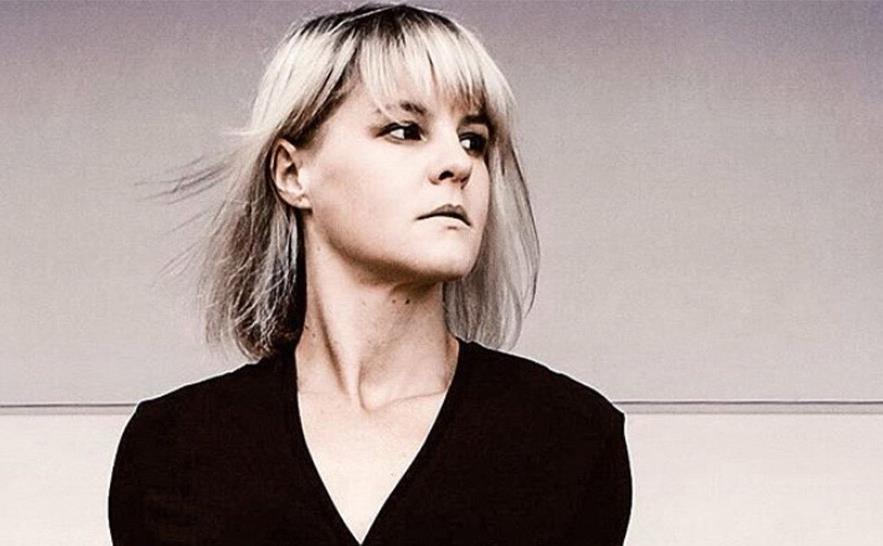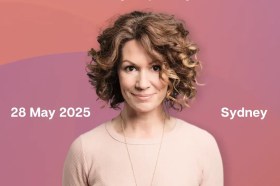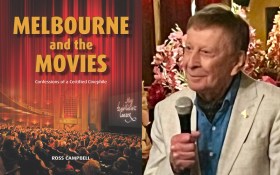‘Production skills relate to the way we work with a bunch of people who are extremely good at what they do. My task is to bring them together, to organise the process and get it done within the practical constraints of time and money,’ she explained to Screenhub.
‘But I also bring skills in storyboarding, filming and editing – all those special abilities which make up the production process.’
As the sector evolves quickly, employers are seeing the value of professionals who can bring a multidisciplinary knowledge of the various components of a production process and can translate that into a clear and comprehensive brief. This recognised expertise includes those who have a clear feel for particular mediums as that is vital in developing valuable assets which fit together into an effective campaign.
‘I might be a little bit biased because of my journalist background but I’ve always been captivated by storytelling,’ Hill added. ‘That is how we invite our audience to share feelings, so they take the journey with us. I think it’s human nature – people want to be engaged and entertained and feel something.
‘It’s always about going back to the heart of what the story is and trying to convey that in a way that is authentic. Audiences will know when they’re being sold something, so it is better to be authentic and build trust.’
In a way, Hill has been working on ways of putting that valuable human insight into her practice in communications. The AFTRS Industry Certificate: Content Strategy & Creation course offered an opportunity to find and present those insights through studying production which is embedded in analysis, strategy and pitching.
‘They [AFTRS] can teach you the whole process of going from an idea to creating a video,’ she said. ‘So I went through coming up with concepts and developing a creative strategy, storyboarding, getting talent and filming and editing. So it was the whole process.’
It is one thing to gain practice but another to be genuinely inspired by a course.
‘I was surprised by how much the content improved by going through a process. You can take a pretty ordinary video but once you know a few different skills and techniques, you can make it really good.
‘One of the things that stuck out was spending the time coming up with the creative concepts at the very start, and then working through them with the idea of “What do I want the audience to feel, what do I want them to experience?”. And then holding onto the concept and seeing it come from an idea to an actual video.’
The course also helped Hill to understand how to produce for campaigns with a variety of different assets. She was confronted with the problem in a very real way. ‘I came up with one concept,’ she said, ‘but it had five different video platforms – YouTube, LinkedIn, Facebook, Instagram and then Instagram Stories. They all have different dimensions, but they have different audiences too, so they have to be slightly different.’
For Hill, having the industry perspective has been inspiring and helped develop her creative process.
‘I do always like to make sure I can put that pressure on myself. If you don’t want your work to be great, people won’t enjoy it and be touched by it. We can embrace it gradually, we can take an idea and keep adding more and more. We can picture that creative process. And we probably come up with something that is a lot more interesting by the end.’
That kind of clarity enables her to develop her own identity as a professional, on which she can build the next stage in her career as a specialist multimedia producer in a rapidly expanding field.
The Industry Certificate: Content Strategy & Creation course runs online through AFTRS over twelve weeks between 10 June 2021 and 1 September.





